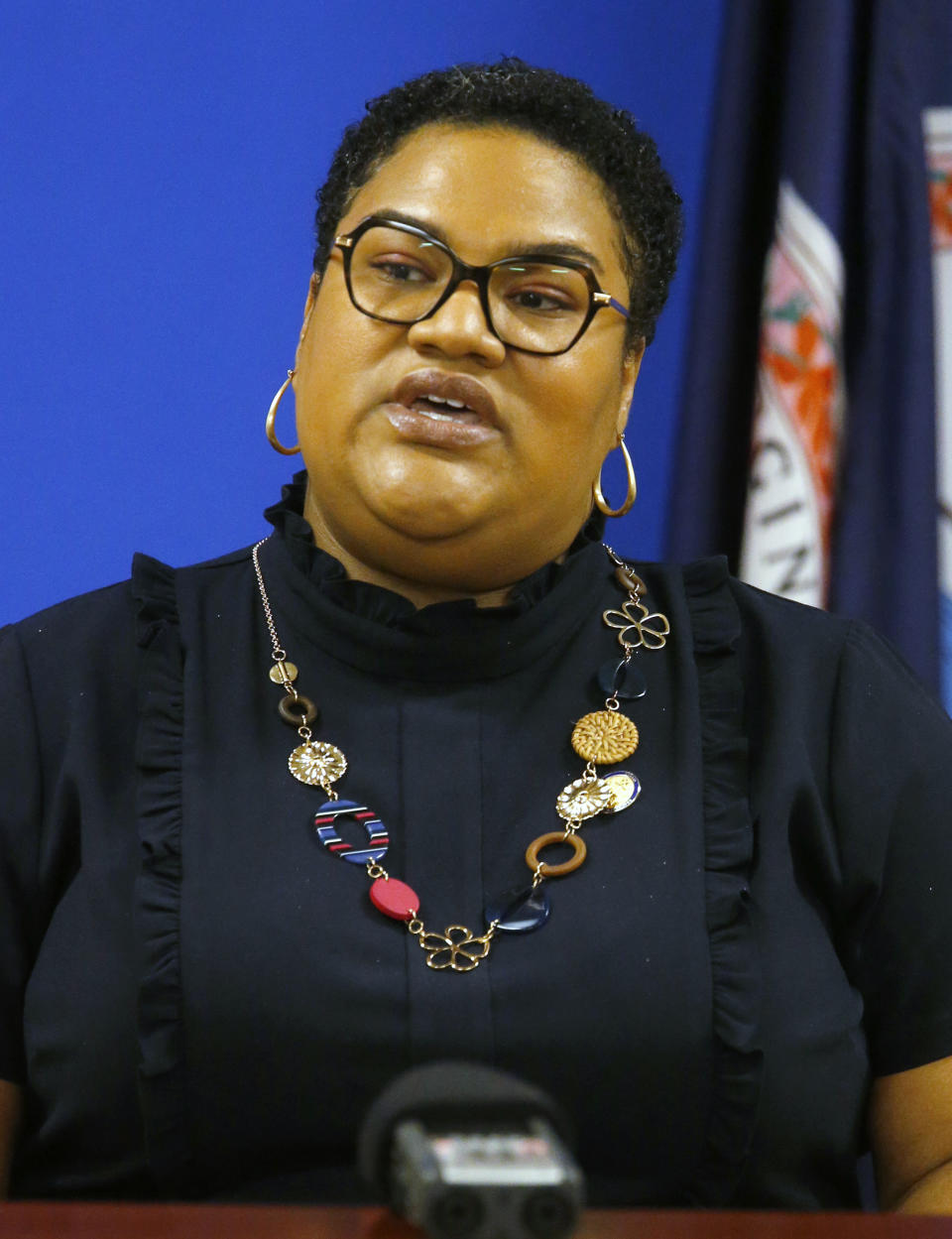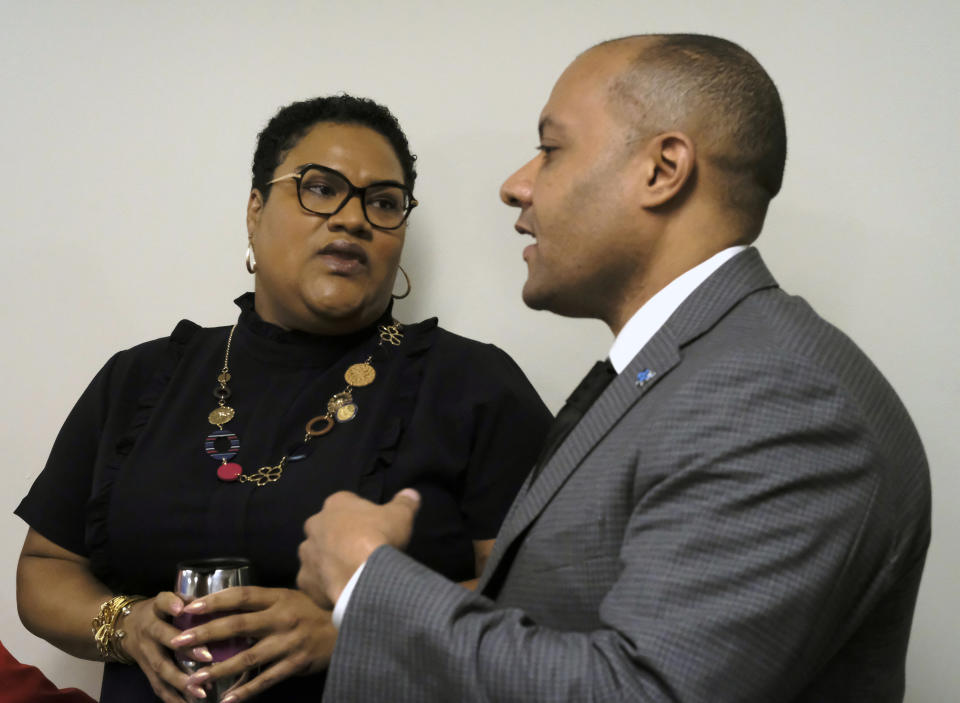Virginia Democrats weigh differing redistricting reforms
RICHMOND, Va. (AP) — Virginia Democrats argued for years that Republicans abused their majority status by drawing gerrymandered legislative and congressional districts that gave the GOP an unfair advantage on Election Day.
Now that they are in charge, Democrats say they still favor redistricting reform, but are split on how to do it.
At issue: whether to support a proposed constitutional amendment that passed the GOP-led General Assembly last year with broad bipartisan support, or to support a different proposal that might be friendlier to the new Democratic majority.
"There are several good ideas being considered in the 2020 General Assembly session, but a constitutional amendment has always been the only failsafe method to take this important process out of the hands of the legislature,” said Brian Cannon, executive director of the advocacy group, OneVirginia2021.
Redistricting has long been a hot-button issue in Virginia, where federal judges in recent years have struck down both the state legislative and congressional maps as racially discriminatory.
And the fight in Virginia could preview similar battles in other states, where many winners of legislative races held later this year will have a role in drawing new districts for Congress or state legislatures for the next decade.
Virginia Democrats made nonpartisan redistricting a key campaign plank during last year's off-year election, when they won full control of the statehouse for the first time in a generation.
There's broad agreement among Democrats that legislators should not be able to draw their own districts during next year's redistricting process based on the 2020 census, but they disagree on who should have the final say in the event of a stalemate.
Lawmakers approved a proposed constitutional amendment last year that would create a new 16-person commission made up of lawmakers and citizens empowered to draw legislative and congressional maps. Republicans and Democrats would be evenly split on the commission and any deadlock would be settled by the state Supreme Court. To become law, the proposed amendment must pass the legislature again this year and then be approved directly by voters.
The proposal passed the GOP-led General Assembly last year with broad bipartisan support, except for some black lawmakers who expressed concerns that the commission would dilute the influence of African-Americans in drawing the maps. Some Democrats have also expressed concerns about the role of the state Supreme Court, which is dominated by Republicans.
On Tuesday, Del. Cia Price unveiled a different proposal that would give the General Assembly, not the justices, the final say in the event of a deadlock. Her proposed commission, to be comprised of four Democrats, four Republicans and three unaffiliated members, would also have to be picked from applicants who are "representative, as a whole, of the geographic, racial, and gender diversity” of the state.
“Simply put, there is no reform, without the full and equal inclusion of communities of color,” Price said.
Price said lawmakers could use her legislation for the 2021 redistricting process and then pursue a constitutional amendment that better protects the rights of people of color in future years. Her bill enjoys the support of the National Democratic Redistricting Committee, which is led by former Obama administration Attorney General Eric Holder and has spent heavily to support Democratic candidates in Virginia and other states.
But supporters of the proposed constitutional amendment said concerns about minority representation on a redistricting commission or the role of the Supreme Court in settling a deadlock can be addressed through legislation this year, and lawmakers should not delay in changing the state Constitution.
“We have waited long enough. We need to move now on this,” said Sen. Louise Lucas, one of the most powerful African-American lawmakers in the General Assembly. She has a bill that would set the criteria the Supreme Court would use in drawing any maps.
It's unclear how the fight will play out. Top Democrats, including Gov. Ralph Northam and House Speaker Eileen Filler-Corn, have stressed the need for nonpartisan redistricting, but they've been noncommittal on the proposed constitutional amendment.
Republicans are already saying that the Democrats' willingness to ditch the proposed constitutional amendment shows their push for nonpartisan redistricting was empty rhetoric.
“They're in power and they want to draw the lines,” said House Minority Leader Del. Todd Gilbert.


